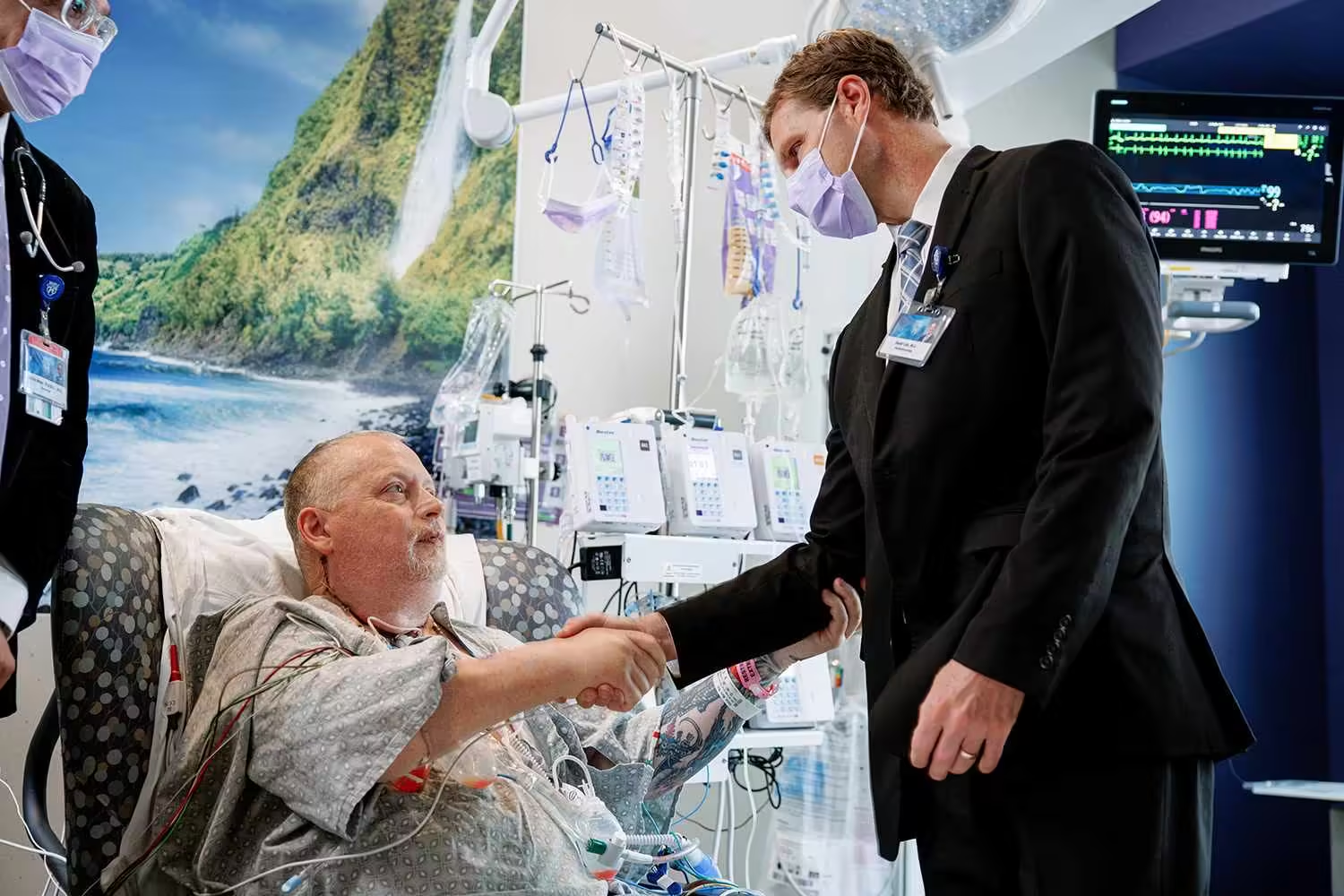The NHS has reported record numbers of cancers being diagnosed at an early stage, significantly improving the likelihood of successful treatment. Nearly 60% of the 13 most common cancers were detected at stage one or two, meaning they had not spread to other parts of the body and could typically be treated effectively.
Between September 2023 and August 2024, nearly 121,000 out of 206,000 cancer cases in England were diagnosed early, marking a slight increase from 58% the previous year. The cancers identified early include bladder, breast, bowel, kidney, lung, ovarian, pancreatic, prostate, stomach, uterine, lymphoma, and melanoma.
NHS England cancer director Dame Cally Palmer emphasized that early detection saves lives and expressed optimism about the progress made in diagnosing cancers earlier. However, she also acknowledged the need for continued efforts to catch more cancers early, where treatments are more likely to succeed.
Cancer remains a leading cause of death, with around half of people developing cancer during their lifetime. The NHS has been intensifying its efforts to catch cancers earlier, as the UK’s cancer survival rates lag behind those of many other countries. In 2023, three million people underwent urgent cancer checks, an increase of 100,000 from the previous year and 700,000 compared to 2019.
Professor Peter Johnson, a top NHS cancer expert, urged anyone with signs or symptoms of cancer to seek early medical attention. As life expectancy increases, the NHS is diagnosing more cancers than ever before.



